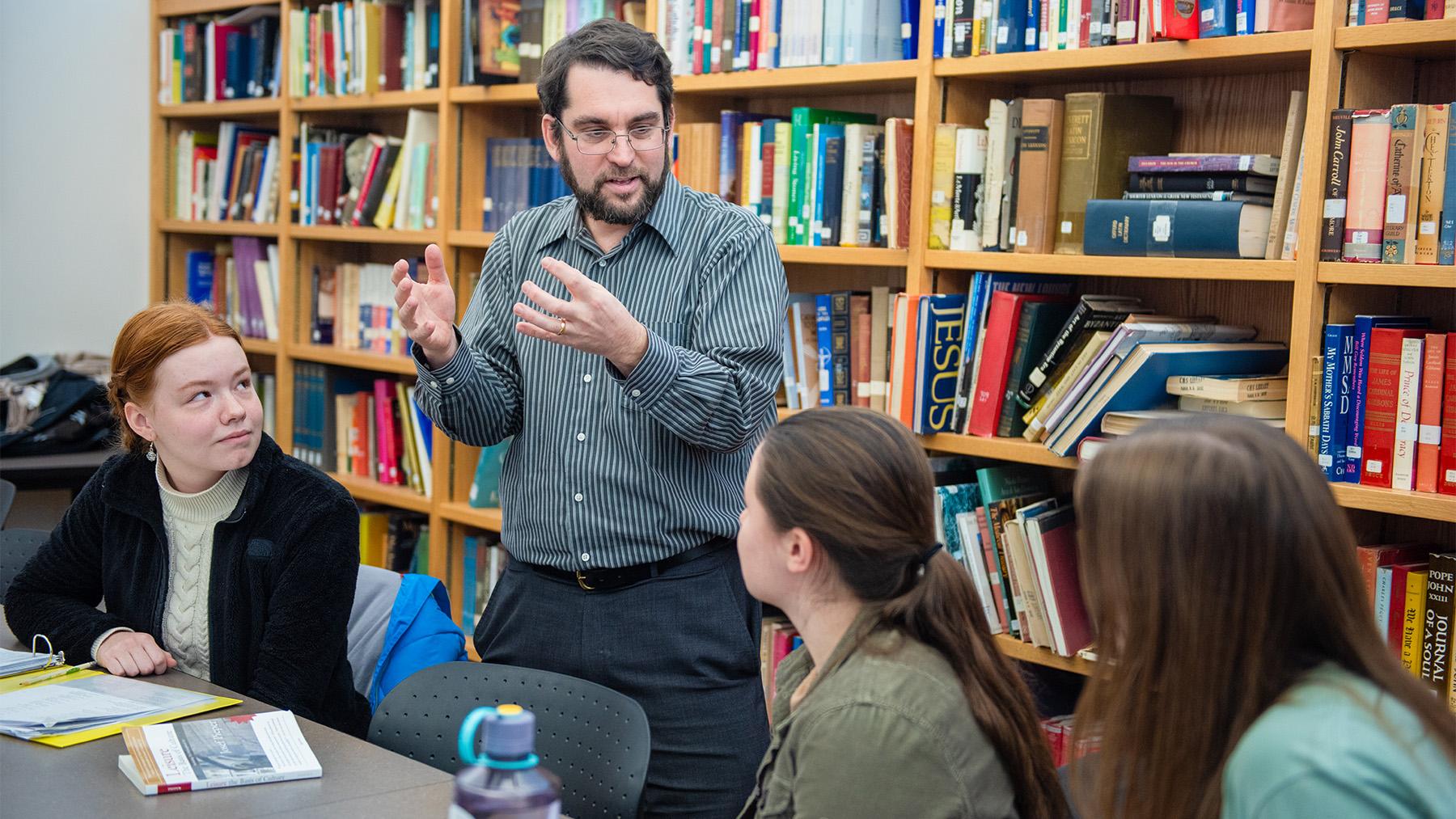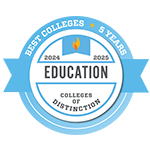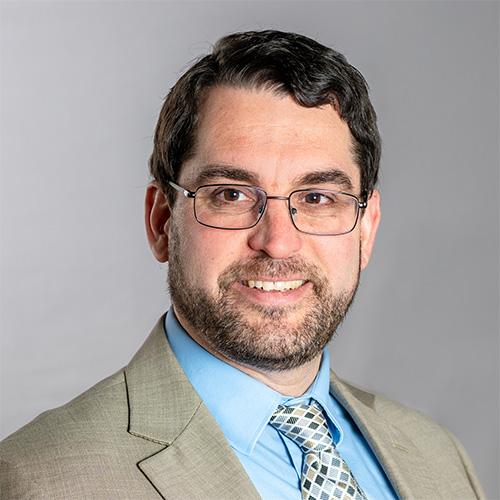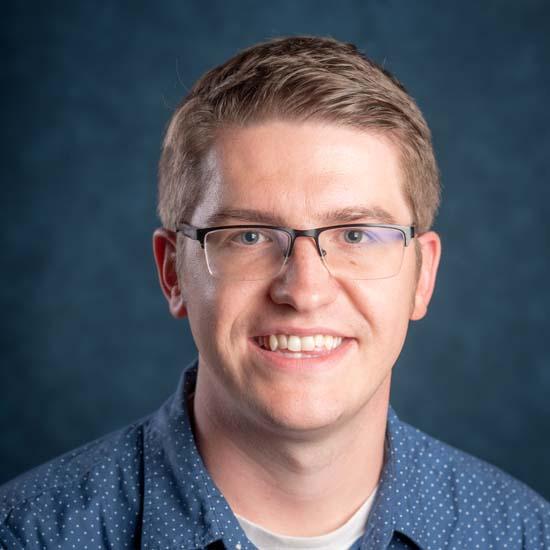History Education

-
Program TypeMajor
-
Degrees OfferedB.S.
-
SchoolLiffrig Family School of Education and Behavioral Sciences, School of Arts & Sciences
Explore the past to help navigate today’s opportunities and challenges. Gain the skills you need to teach history to diverse student populations.
What You’ll Learn

You will explore history in collaboration with other disciplines, such as philosophy, classics, and literature. Also, you will study best practices in teaching and classroom management to prepare for a successful career as a secondary school educator.
- Pursue a Pathway that Matches Your Interests
You’ll have the option to follow one of three tracks: economics, geography, or politics. We incorporate discussion of rich content from each track with teaching best practices to prepare you for success.
- Gain Subject Knowledge that Prepares You for Success in the Classroom
You’ll gain the experience and confidence to teach U.S. History, North Dakota Studies, Global Education, and more to learners in grades five through twelve. Our students work in small class sizes and in close collaboration with peers and faculty from Arts and Sciences and the Liffrig Family School of Education and Behavioral Sciences.
- Deepen Your Understanding of Diverse Perspectives
Develop your critical thinking and historical analysis skills while gaining deeper exposure to and understanding of cultural diversity. We promote respect for others through the perspective of our Christian, Catholic, and Benedictine values.
Program Information
Please visit our catalog for admission requirements and a full list of our courses.
Accreditations
-
![North Dakota Education Standards and Practices Board logo]()
North Dakota Education Standards and Practices Board
All the University of Mary education programs are fully accredited by the North Dakota Education Standards and Practices Board and all CAEP national standards are fully met.
Featured Faculty

Joseph T. Stuart, PhD
Director of History, Professor of History, Fellow in Catholic Studies
I teach in the history and Catholic studies programs. I believe culture is the driving force of history, and that cult, in the sense of "worship," is the wellspring of culture. The vocation of the historian is enriching the world of the present through knowledge and preservation of the past.

Alexander Mains, MEd
Assistant Professor of Education, Director of Secondary Education
As the director of the secondary education program, I have the opportunity to work with prospective middle school and high school educators to help them grow in their skills and develop a love of learning for their future students. I work within eight different subject areas for my program, teaching various methods courses and education courses and visiting practicum schools where my future educators observe classroom teachers and practice teaching their lessons to real students.


